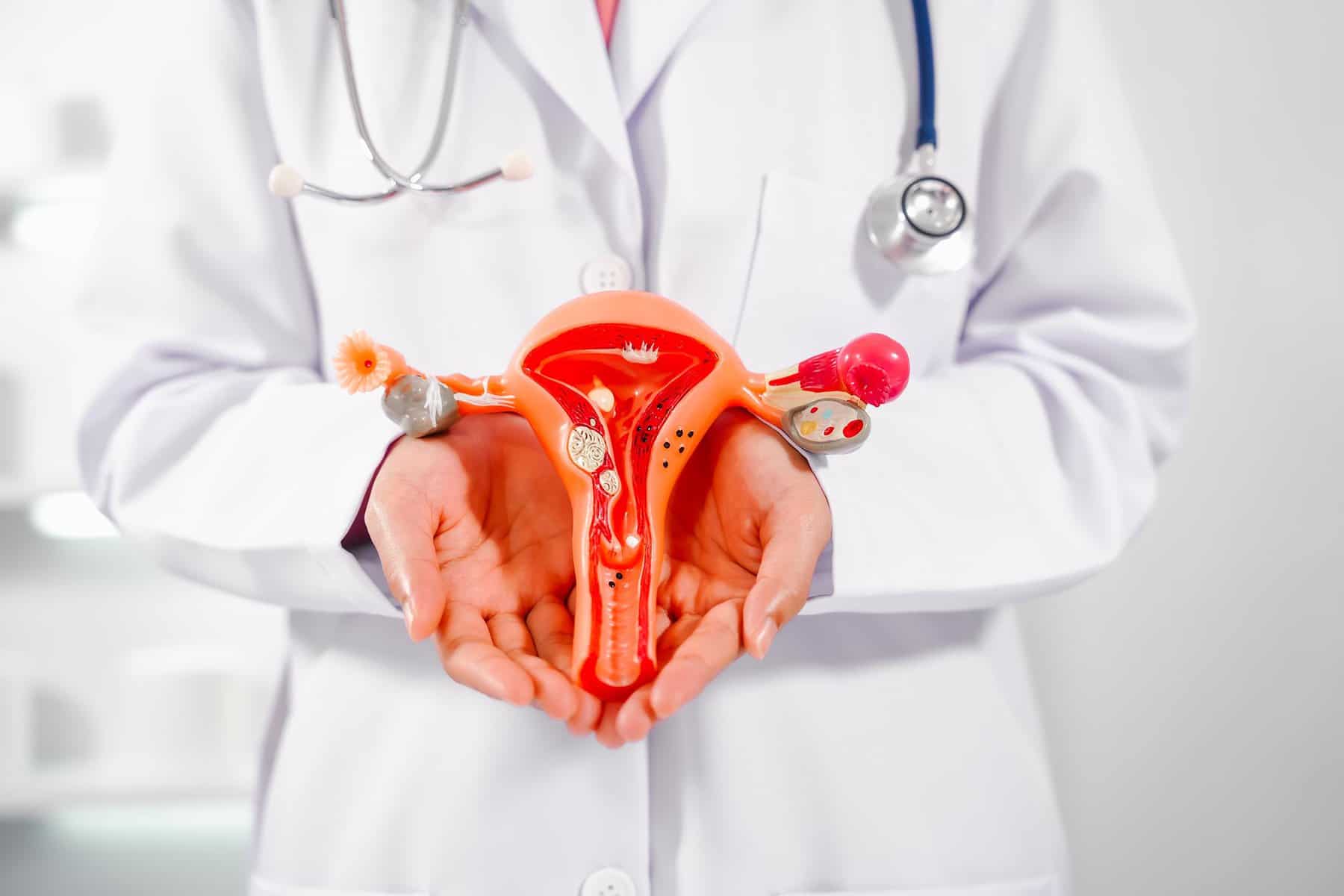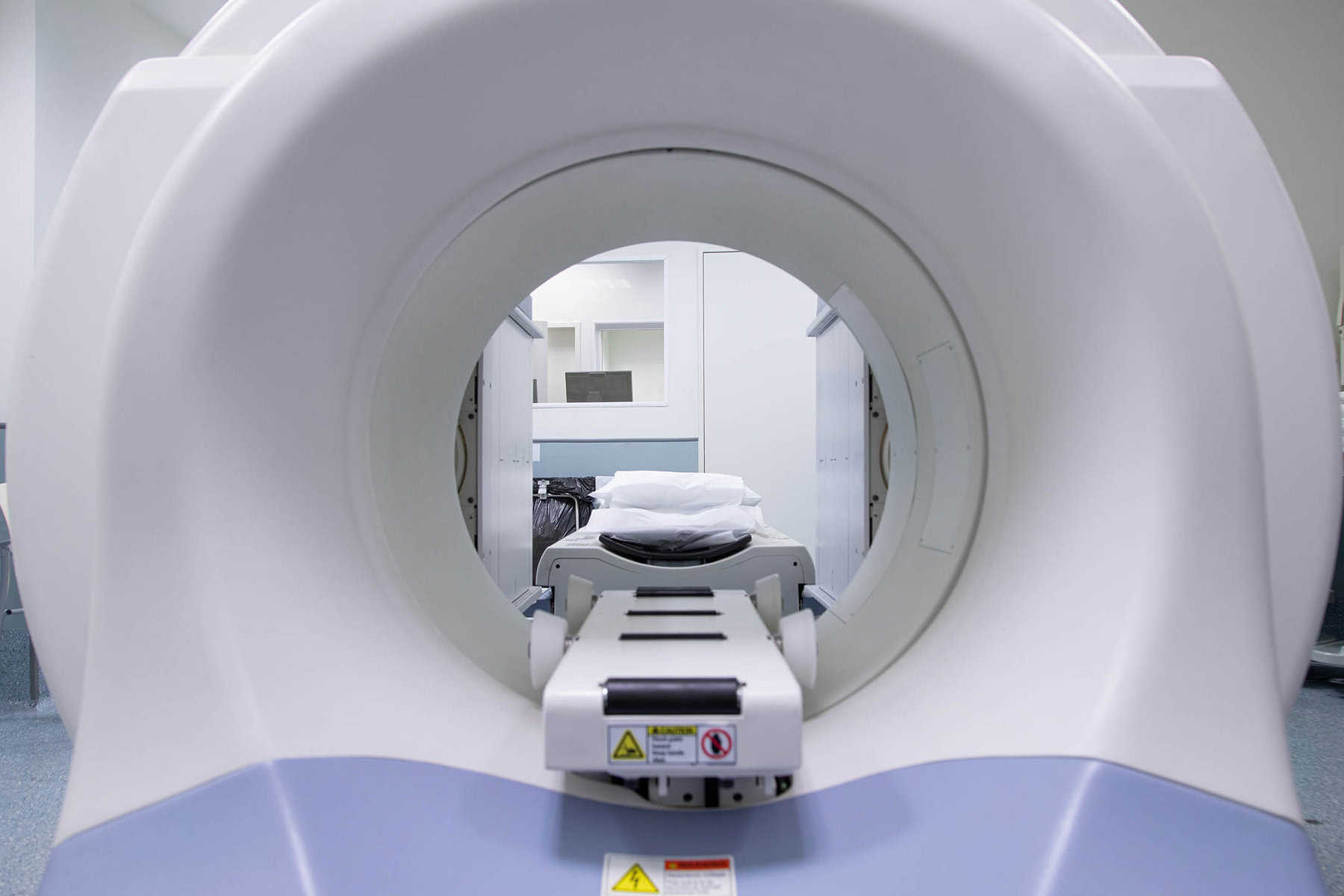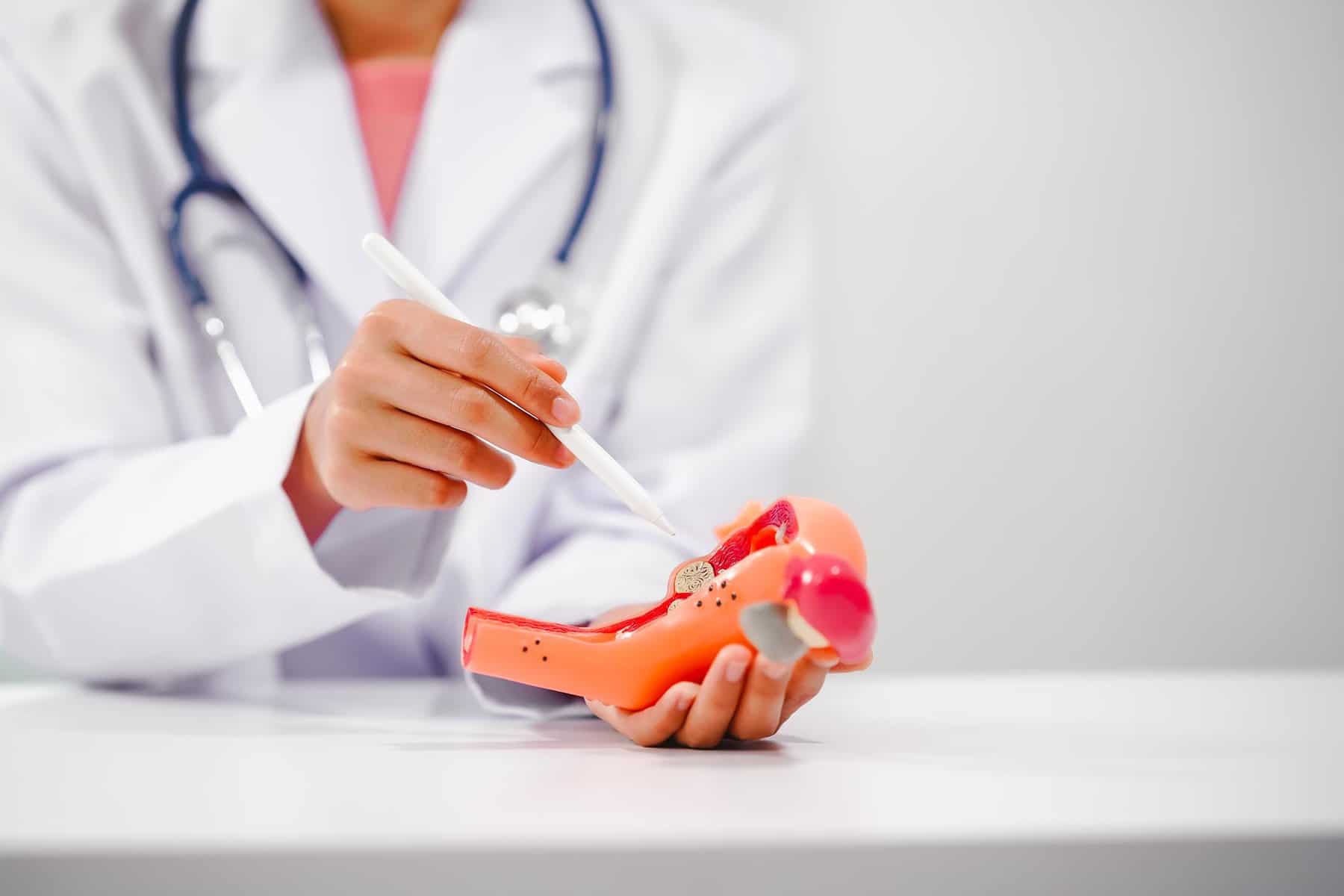Advanced Uterine Fibroid Embolisation
Relieve symptoms of uterine fibroids with advanced uterine fibroid embolisation at The Forbury Clinic. Submit an enquiry for a consultation and explore our state-of-the-art treatment options.

Overview of Uterine Fibroid Embolisation
Uterine fibroid embolisation (UFE) is a minimally invasive procedure designed to treat symptomatic uterine fibroids, which are non-cancerous growths in the uterus. This procedure works by cutting off the blood supply to the fibroids, causing them to shrink and alleviate symptoms such as heavy menstrual bleeding, pelvic pain, and pressure. Addressing fibroid symptoms promptly can significantly improve a woman’s quality of life and reproductive health. At The Forbury Clinic, we specialise in providing cutting-edge UFE procedures with a focus on patient comfort and effective results. Contact us today to learn more and schedule a consultation.


What is Uterine Fibroid Embolisation?
Uterine fibroid embolisation (UFE) is a medical procedure used to treat fibroids by blocking the arteries that supply blood to them. During the procedure, a catheter is inserted into the uterine arteries through a small incision in the groin or wrist. Tiny particles are then injected to block the blood flow to the fibroids, causing them to shrink. This procedure is particularly beneficial for women who wish to avoid surgery or preserve their uterus. Common symptoms of uterine fibroids that may indicate the need for UFE include heavy menstrual bleeding, pelvic pain or pressure, frequent urination, and complications with fertility or pregnancy.
Causes and Risk Factors
Uterine fibroids, the condition treated by uterine fibroid embolisation, can develop due to several factors:
Genetic Factors:
A family history of fibroids increases the likelihood of developing them.
Hormonal Changes:
Estrogen and progesterone, which regulate the menstrual cycle, can stimulate fibroid growth.
Age:
Fibroids are most common in women of reproductive age, particularly in their 30s and 40s.
Race:
African-American women are more likely to develop fibroids than women of other races.
Obesity:
Excess body weight increases the risk of fibroid development.
Diet:
A diet high in red meat and low in green vegetables can contribute to fibroid growth.
Understanding these causes and risk factors helps in the early diagnosis and effective management of uterine fibroids, improving patient outcomes.
Diagnosis
Diagnosing uterine fibroids and determining the suitability of uterine fibroid embolisation involves a comprehensive evaluation at The Forbury Clinic. The diagnostic process includes:
- Initial Consultation: Discussing your symptoms, medical history, and risk factors with a specialist to determine the need for further evaluation.
- Physical Examination: Assessing the abdomen and pelvis for signs of fibroids.
- Imaging Tests:
- Ultrasound: The primary imaging technique to visualise fibroids and assess their size and location.
- MRI: Provides detailed images of the uterus and fibroids, helping to plan the UFE procedure.
- Hysterosonography: An ultrasound procedure using saline to expand the uterine cavity for better imaging.
These steps ensure a thorough and accurate diagnosis, aiding in the development of an effective treatment plan.

Treatment Options
Based on the diagnosis, various treatment options for uterine fibroids, including uterine fibroid embolisation, may be considered:
- Non-Surgical Treatments
- Minimally Invasive Procedures
- Surgical Options
Medications:
Prescribing drugs to regulate hormones, reduce heavy bleeding, and relieve pain.
Hormonal Therapies:
Birth control pills, intrauterine devices (IUDs), or gonadotropin-releasing hormone (GnRH) agonists to shrink fibroids and control symptoms.
Uterine Fibroid Embolisation (UFE):
Blocking the blood supply to fibroids to shrink them and alleviate symptoms. This outpatient procedure involves inserting a catheter through the skin and navigating to the uterine arteries using imaging guidance.
MRI-Guided Focused Ultrasound Surgery (FUS):
Using high-intensity ultrasound waves to destroy fibroid tissue.
Myomectomy:
Surgical removal of fibroids while preserving the uterus, suitable for women who wish to maintain fertility.
Hysterectomy:
Complete removal of the uterus, recommended for severe cases or when other treatments have failed.
At The Forbury Clinic, our multidisciplinary team ensures that each patient receives the most appropriate and effective treatment, tailored to their specific needs and health goals.
Managing Uterine Fibroids
Managing uterine fibroids involves a combination of medical treatments and lifestyle changes to control symptoms and improve overall quality of life. At The Forbury Clinic, we provide comprehensive care and guidance to help manage fibroids:
Healthy Diet:
Following a balanced diet rich in fruits, vegetables, and whole grains to support overall health.
Regular Exercise:
Engaging in moderate physical activity to maintain a healthy weight and improve well-being.
Stress Management:
Practicing stress-reduction techniques such as yoga, meditation, and deep breathing exercises.
Monitoring Symptoms:
Keeping track of symptoms and regular check-ups to monitor fibroid growth and treatment effectiveness.
These management strategies aim to complement medical treatments and provide a holistic approach to improving uterine health and overall well-being.
Complications and Prognosis
While uterine fibroid embolisation is a highly effective treatment, it is important to be aware of potential complications and the prognosis for untreated uterine fibroids:
Complications
- Infection: Risk of infection at the catheter insertion site, manageable with antibiotics.
- Bleeding: Minor bleeding or bruising at the catheter site.
- Pain: Mild pain or discomfort after the procedure, manageable with over-the-counter pain relievers.
- Menstrual Changes: Temporary or permanent changes in menstrual cycle patterns.
Prognosis
The prognosis for patients undergoing uterine fibroid embolisation is generally excellent. With timely diagnosis and appropriate treatment, many individuals can achieve significant improvements in symptoms and quality of life. Regular follow-ups and ongoing management are crucial to prevent complications and maintain optimal uterine health.


Why Choose The Forbury Clinic?
Choosing The Forbury Clinic for your uterine fibroid embolisation ensures you receive exceptional care from a team of experienced specialists. Our clinic is renowned for its expert medical staff who are dedicated to diagnosing and treating uterine fibroids with precision and compassion. We use state-of-the-art diagnostic tools and the latest medical advancements to provide accurate diagnoses and innovative treatments tailored to your specific needs. Our patient-centered approach prioritises your comfort, privacy, and overall well-being, offering comprehensive support throughout your uterine health journey. At The Forbury Clinic, you can trust that you are in capable hands, with a dedicated team committed to helping you achieve optimal uterine health and a better quality of life.
